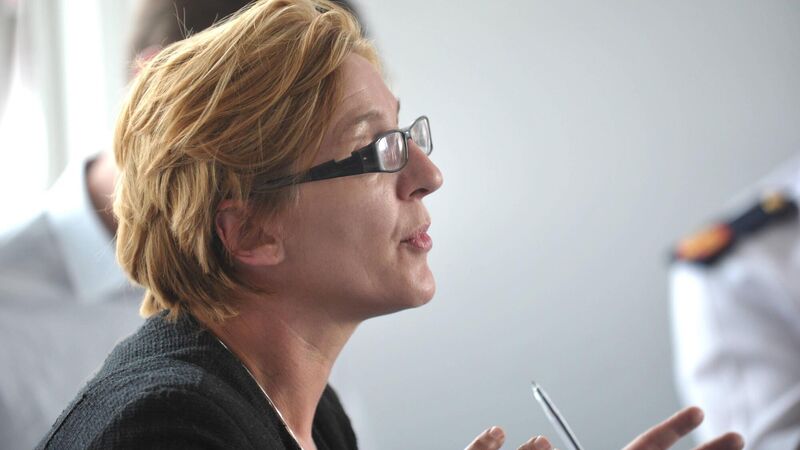Covid-19 leads to ‘dramatic’ fall in asylum applications

Fiona Finn, the CEO of the migrant and refugee rights centre, Nasc, said it was alarming that "the decrease in applications for international protection has coincided with a sharp increase in the waiting times for decisions". Picture: Dan Linehan
The Covid-19 pandemic has led to a “dramatic” fall in the number of people seeking asylum in Ireland and across Europe.
Asylum applications in Ireland fell by more than 70% in the first 11 months of 2020, according to EU migration data.












